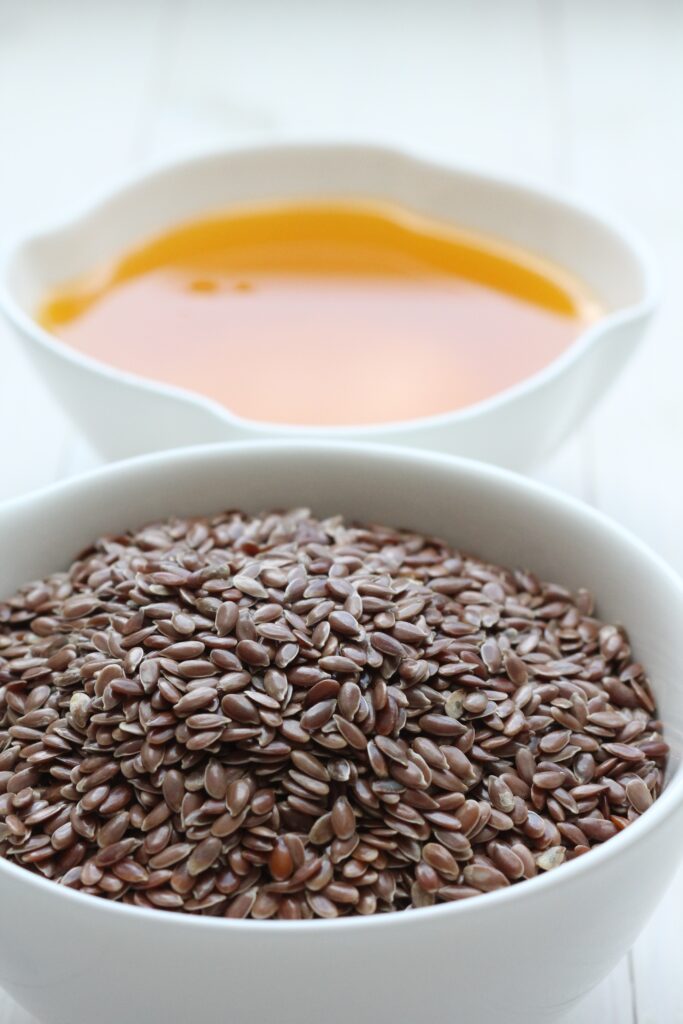Featured image above is from artist Tenzaiart on Instagram.
A lack of sun and inactivity, mixed with a shroud of white, gray and brown can get one down and affect one’s health measurably. This is the first in a series on Boosting Winter Mood. We'll start with Vitamins and Supplements. This list is intended to provide options so you can find what might work for you.
Vitamin D
Symptoms of Vitamin D deficiency include getting sick often, frequent infections, impaired wound healing, fatigue and tiredness, depression, bone and back pain, muscle pain, and hair loss. Vitamin D deficiency is common, particularly in wintery regions where we get less exposure to sun. Remember to supplement with Vitamin D or get your Vitamin D levels checked, particularly if you feel like you have major winter blues.
Fatty Fish, Oysters, Egg Yolks, Mushrooms all contain Vitamin D. Interestingly, store bought or home grown mushrooms can enriched with Vitamin D by putting them in the sun! (1) Dry them in the sun and store to eat them later.
Read more about vitamin D and mushrooms in this article written by Paul Stamets.

Omega 3s
It’s been suggested that humans evolved with a 1 to 1 ratio of omega 6 and omega 3. That means for every one omega 6 in the body there is one omega 3. In Western diets the ratio is often more like 15 to 1 - so our diets are often deficient in omega 3 and rich in omega 6. Omega 6s found in corn, soybean and safflower oil are common in processed foods. Excessive omega 6 has been found to promote the development of many diseases. (2) The risk of depression may increase with a high ratio of omega 6 to omega-3s. Overall, omega 3s have been found to have an antidepressant effect. (3)
Fish Oil
Fish Oil contains a high amount of omega 3s. Making and consuming cod liver and other fish oils is a longstanding tradition. In the article Fish Oil and a Lesson in Happiness From Iceland, omega 3s are considered a way to curb Seasonal Affective Disorder as days grow shorter. In Iceland they get just over 4 hours of sunlight in December! Icelanders believe their consumption of high amounts of ocean fish and fish oil helps them cope. (3) The quality of fish oil is important - looks for pure and trusted sources. There are also products made specifically for their omega 3 content.

Seed Oils
Not all omega 3s are the same and so flax omegas are different than fish oil’s, but flax seed oil is a good source of omega 3s for those who do not wish to consume fish oil. (4)
Flax Seed Oil and other seed oils can be easily oxidized by heat and light. To ensure the best quality look for cold pressed oils that are either refrigerated and/or preserved with something like Vitamin E.
One well known product, Udo's Oil, has a 2 to 1 ratio of Omega 3 to 6 and is plant based.

B6 and other B Vitamins
Your body does not make B6 but acquires it from food or supplements. B6 is known to improve your mood and help alleviate depression. Foods containing B6 include fish (salmon and tuna), eggs, milk, poultry (including liver), carrots, spinach, green peas, sweet potato, bananas, avocado, and fermented foods like kombucha and kefir.
GABA
Gamma-Aminobutyric acid is an amino acid produced naturally in the brain. GABA reduces the activity of neurons in the brain and central nervous system. It promotes increased relaxation, reduced stress, balanced mood, alleviation of pain, and good sleep.
Found in green, black, oolong teas. Foods that contain or boost GABA include beans, nuts, seeds, citrus, tomatoes, berries, spinach, and cacao. Also found in fermented foods like kefir, yogurt, and tempeh.
L-theanine
From PschologyToday.com: "L-theanine elevates levels of GABA, as well as serotonin and dopamine. These chemicals are known as neurotransmitters, and they work in the brain to regulate emotions, mood, concentration, alertness, and sleep, as well as appetite, energy, and other cognitive skills."
5-HTP
5-Hydroxytryptophan (5-HTP) is an amino acid that your body produces naturally. 5-HTP increases serotonin levels. Low serotonin levels are associated with depression, anxiety, sleep disorders and other problems. Serotonin can be converted to melatonin, which aids in maintaining sleep cycles. However, one should keep in mind 5-HTP may decrease appetite.
A combination of GABA and 5-HTP was shown to significantly reduce the time is takes to fall asleep, increase sleep duration and improve sleep quality.
Melatonin
Melatonin has been found to relieve winter depression by regulating one’s sleep-wake cycle. Researchers at Oregon Health and Science University found that patients that are phase delayed, “night owls”, responded best to taking a low dose of melatonin in the afternoon or evening. Those that were phase advanced, up early in the morning, responded best to a low dose in the morning.(5)
Next in the Mood Series are Herbal Supplements. There are many traditional herbal remedies dating back thousands of years that can help us get through the winter. Read Boosting Mood Part 2.
- Stamets, Paul. 2012, August 16. Place Mushrooms in Sunlight to Get Your Vitamin D. Retrieved from Link
- Simopoulos A. 2012. The importance of the ratio of omega-6/omega-3 essential fatty acids. Biomedicine & Pharmacotherapy, 56(8):365-79.
- Lavine, Robert. 2012, October 19. Fish Oil and a Lesson in Happiness From Iceland. Retrieved from Link
- Harvard Health Letter. 2019, July 29. Why not flax seed oil? Retrieved from Link
- Oregon Health And Science University. "Melatonin Improves Mood In Winter Depression." ScienceDaily. ScienceDaily, 2 May 2006. Retrieved from Link.
- www.healthline.com
The information provided on this site is intended for your general knowledge only and is not a substitute for professional medical advice or treatment for specific medical conditions. You should not use this information to diagnose or treat a health problem or disease without consulting with a qualified healthcare provider. Please consult your healthcare provider with any questions or concerns you may have regarding your condition.
